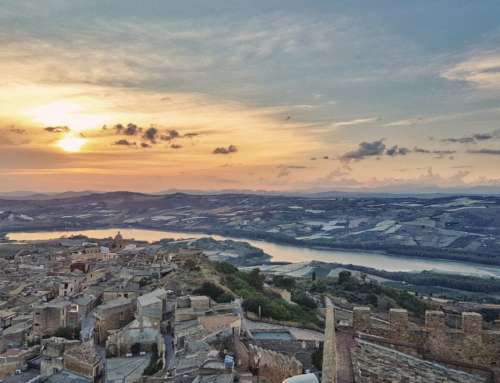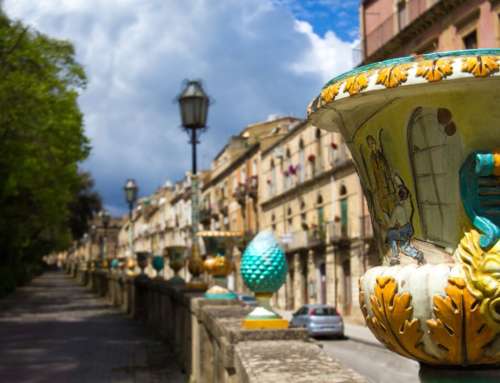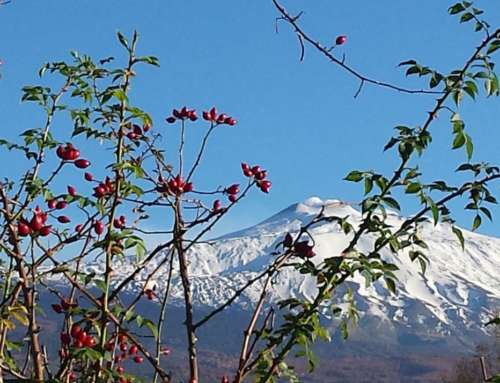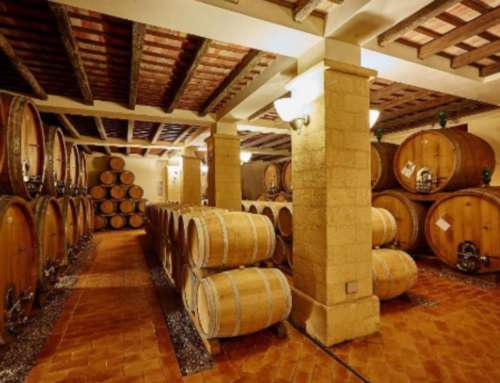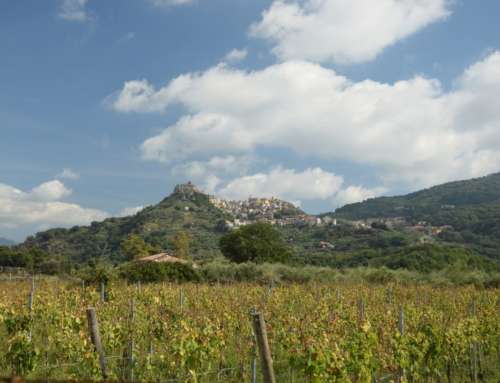Azores: the magic of the archipelago will be present at FINE 2025

The Azores, an archipelago situated in the middle of the Atlantic, have established themselves as an emerging wine tourism destination, offering unique experiences that combine the richness of their wine heritage with landscapes of unparalleled beauty. In the upcoming edition of FINE, the Azores will be present, inviting visitors to discover their oenological and cultural treasures.
A UNESCO-recognised landscape
Viticulture in the Azores has its roots in the 15th century, when the first Portuguese settlers introduced vines to the islands. Over the centuries, wine production became an essential part of the local economy and culture. In 1994, the Wine Regions of the Azores were established, including the island of Pico, the Biscoitos area on Terceira Island, and Graciosa Island. These exclusive regions have allowed for both the protection and promotion of Azorean wines, highlighting their uniqueness and quality.
The island of Pico, in particular, is emblematic for its wine landscape, characterised by the “currais,” volcanic stone walls that protect the vines from salty winds and create an ideal microclimate for cultivation. This landscape was recognised in 2004 as a UNESCO World Heritage Site, underscoring its cultural and natural value.
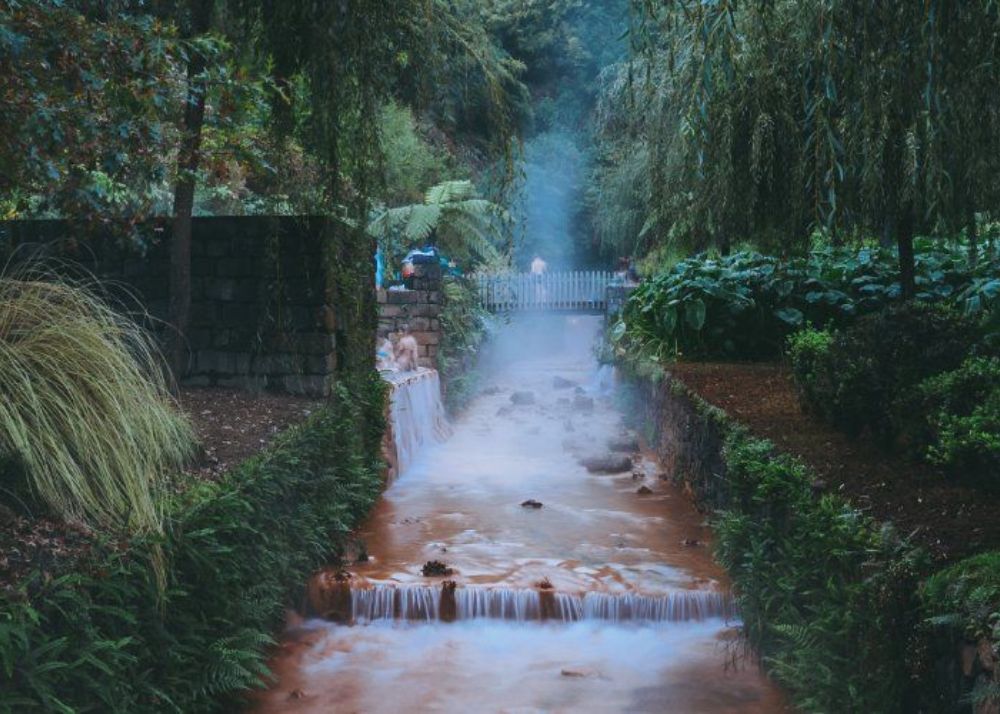
Image: Visit Azores
Exploring a unique landscape through wine
The Azores offer a wide range of wine tourism experiences that allow visitors to immerse themselves in their rich wine culture. Local wineries organise guided tours where one can learn about the production process, from harvest to fermentation and bottling. Wine tastings are an essential part of these visits, providing the opportunity to sample native varieties such as Arinto dos Açores, Verdelho, and Terrantez do Pico, known for their freshness and minerality.
In addition to tours and tastings, many wineries offer gastronomic experiences that pair local wines with traditional Azorean cuisine. Dishes such as octopus stewed in wine and São Jorge cheese perfectly complement the region’s wines, offering a complete sensory experience.
For the more adventurous, there are wine tourism routes that traverse the vineyards and allow exploration of the islands’ unique volcanic landscape. These routes can be undertaken on foot, by bicycle, or even on horseback, offering different perspectives on local viticulture and the impressive geography of the Azores.
Respect for the environment
The wineries of the Azores have adopted innovative and sustainable practices to ensure the quality of their wines and the preservation of the environment. The use of traditional techniques is combined with modern winemaking methods to produce wines that reflect the unique character of the islands.
A notable example is the Azores Wine Company, which is dedicated to producing wines that capture the essence of the Azores. They offer themed tastings that allow visitors to discover the diversity and uniqueness of local wines.
The commitment to sustainability is evident in the way the wineries manage their vineyards, respecting the natural environment and using agricultural practices that promote biodiversity and soil conservation.
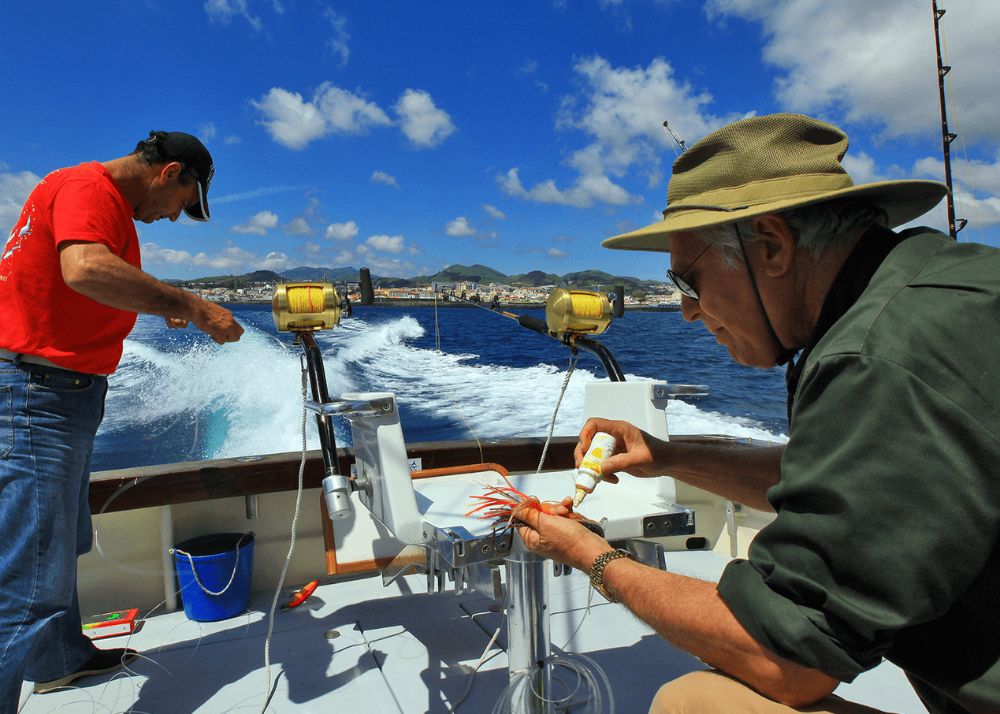
Image: Visit Azores
A Portuguese treasure to discover in March
The presence of the Azores at the Valladolid Fair is an invitation to discover a wine tourism destination that combines tradition, innovation, and incomparable natural beauty. Visitors will have the opportunity to learn firsthand about the wine richness of the islands and plan future visits to experience all that the Azores have to offer.


